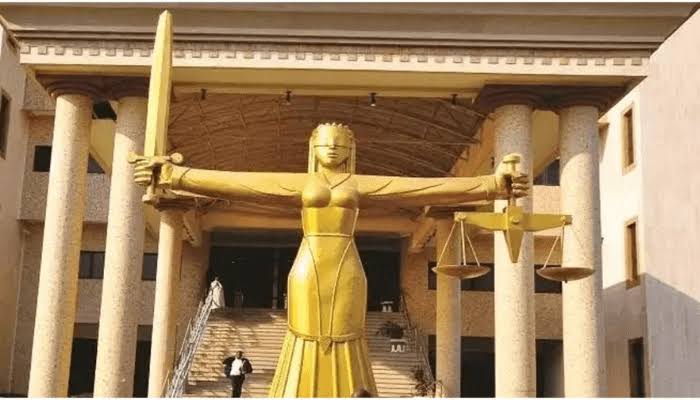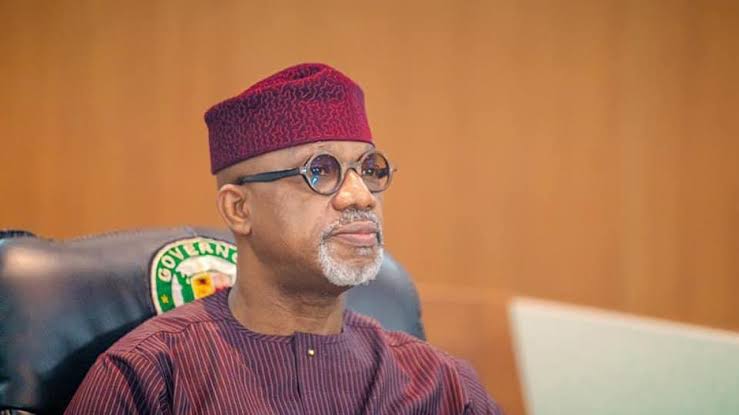The Nigerian judiciary is at a critical juncture, facing intense scrutiny for its perceived lack of independence and inconsistent judgments. The age-old adage “justice must not only be done, but seen to be done” rings hollow for many Nigerians who feel the system has failed them.
One of the most pressing concerns is the judiciary’s propensity for issuing conflicting judgments from courts of coordinate jurisdiction. This not only undermines the rule of law but also erodes public trust in the institution. Furthermore, some judgments seem to defy common sense, leaving citizens bewildered and questioning the judiciary’s integrity.
The 1999 constitution guarantees the independence of the judiciary, but in reality, the executive arm of government appears to wield significant influence over the judiciary. The fact that the executive builds houses and buys vehicles for judges raises serious questions about the separation of powers and the judiciary’s autonomy. Funds for the judiciary should come directly from the consolidated revenue funds, not from the executive’s discretionary allocations.
To restore public confidence and ensure the judiciary’s independence, several reforms are necessary. Firstly, a dedicated judicial website should be established, where judgments from courts of coordinate jurisdiction can be uploaded and accessed by judges. This would help prevent conflicting judgments and promote consistency in the application of the law.
Secondly, disputes should be heard by courts in the jurisdiction where they originate. It is anomalous for a federal dispute originating in Akure, for instance, to be filed in a federal high court in Abuja when there is a federal high court in Akure. This is part of what Dele Farotimi referred to as the Nigerian criminal justice system’s flaws.
Ultimately, it is time for the Nigerian judiciary to assert its independence and save itself from itself. By implementing these reforms and maintaining its autonomy, the judiciary can regain public trust and ensure that justice is not only done but seen to be done.
Frederick Braimah. Ph.D.
15th January, 2025.
Gatekeepers News is not liable for opinions expressed in this article; they’re strictly the writer’s





